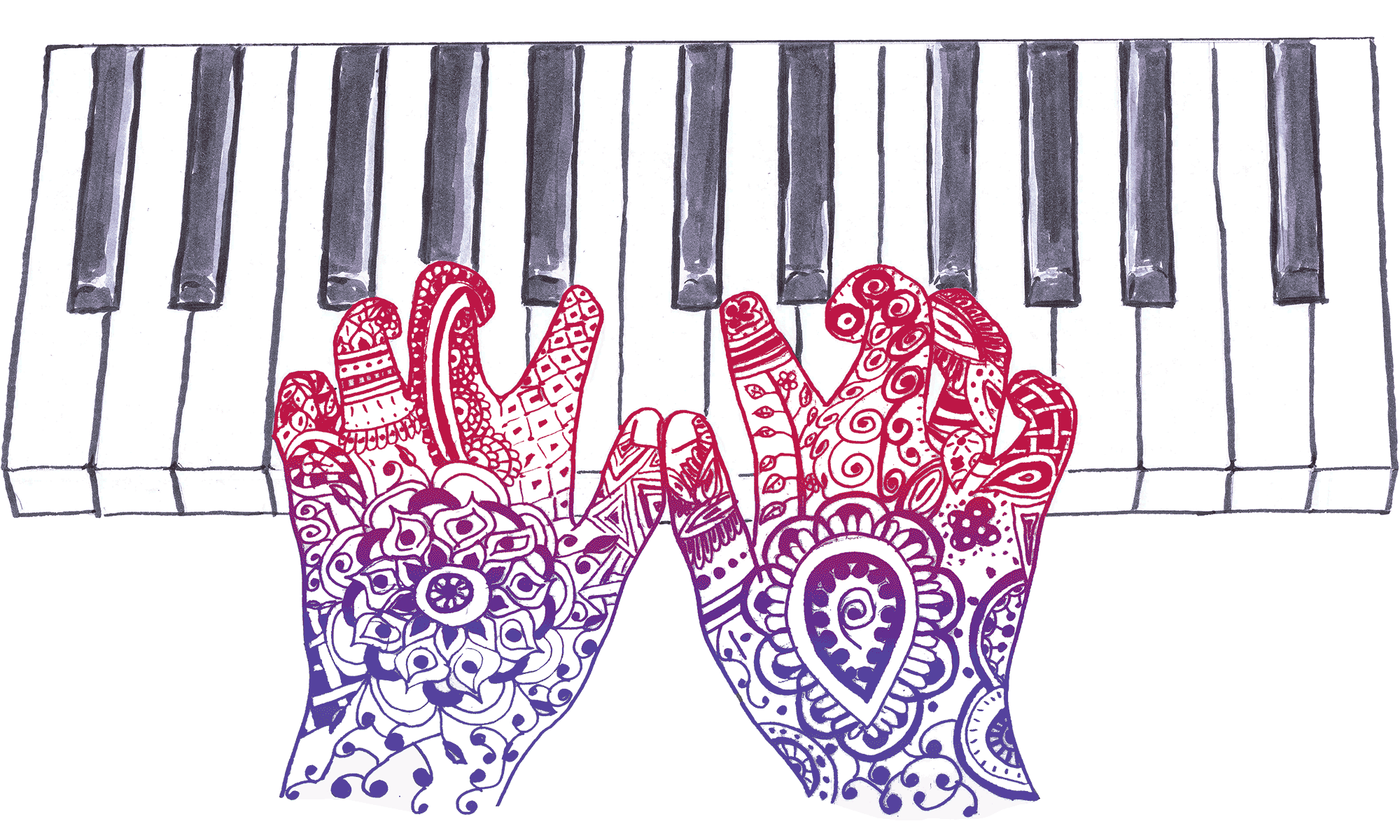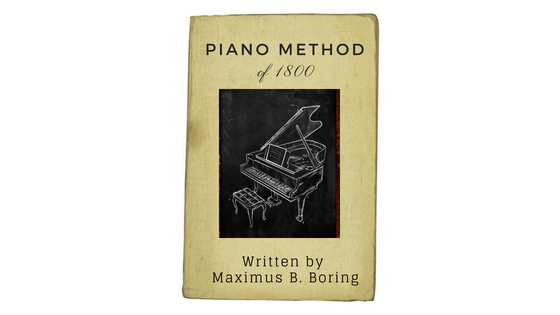The reason method books fail to build strong reading skills is a two part problem.
Part One: Most popular series don’t integrate advances made in understanding the brain, memory and learning. The most popular piano method series have been around for decades, some even as old as from the 1940’s. People are invested in using these old books even though they are not effective in teaching reading or exciting students. Newer series tend to be written following the same formula as the old ones. They may try to be more fun but they’re no more effective at teaching reading. You may wonder how have people learned to read if these books are so bad at teaching it? That comes to the second part of the problem:
Part Two: The way that students learn has changed. You can get away with using non-optimal systems if students are immersed in constant repetition over a long period of time. The problem is that today’s students are often overcommitted, don’t practice everyday and have a choice on whether to take lessons or quit. The old system could work for some but it often drove the joy out of learning and didn’t work for the majority of people.
What doesn’t work with method books:
- Too much information is introduced at once. Three to four things (or notes) is optimal for the working memory to hold and use effortlessly. This allows students to use information to play music on the spot. The most effective learning involves not only drilling but also using information in a real world situation. Introducing too much information at a time takes much longer to master and bogs down the working memory causing mental fatigue.
- Not enough repetition on information before adding more and moving on. The few books that start with only three notes (which is a good number), immediately add new notes after one song. Students quickly memorize songs and are no longer practicing reading.
- Systems that avoid reading, such as notes written in, finger numbers, or learning by rote don’t allow students to build or practice reading skills. Never use a system that will have to be replaced later. Learning involves forming habits. It is much more work to undo habits than to build the right ones from the beginning. Systems that can be built on not replaced are more effective and less frustrating.
- Using acronyms to learn note names. In order to read and play music in real time, information retrieval needs to be lightening fast. Acronyms quickly become a crutch and take too many steps to bring up the information.
What strategies work?
Introduce small amounts of information (3-4 notes). Then drill and use till mastered before adding more.
Plenty of fresh material needs to be provided on each note range to allow students the repetition needed to commit the information to long term memory.
Revisit information at regular intervals over time to cement learning.
This process of discovery is what made me eventually write Treblemakers Piano Method Series. When you use learning strategies that are more effective everyone does better. The majority of students that would normally quit within the first year actually learn how to read and get past the hardest part which is building a foundation. They can gain skills easily without feeling frustrated or overwhelmed and then are often more motivated to practice because they also get to a level where what they can do feels satisfying. It’s hard to keep slogging away at something if you don’t feel like you’re getting good at it. And of course the students that are diligent, do amazing. Ironically, those with the most aptitude often struggle the most with reading when it isn’t approached in a smart way. Their playing ability grows so fast that their reading level feels too far away from their playing level making it seem too difficult to tackle.
Hundreds of students have learned with Treblemakers Piano Method since I first wrote it in 2009. Without a doubt, they’ve gained strong reading skills without the struggle that my students before encountered. As teachers we should be striving to make the learning experience more successful for more people. I know that the writers of the method books that came before were striving to do better for their students and were innovators in their time. It is our responsibility as educators to BUILD on what those who came before contributed not just pass along unchanging traditions.

